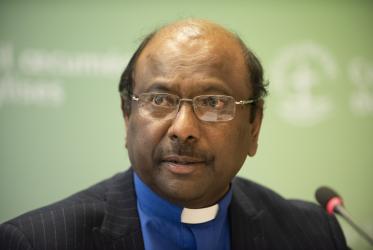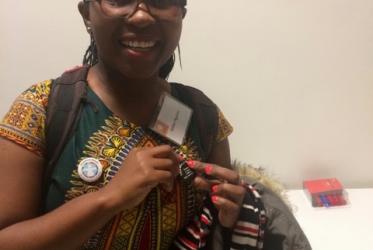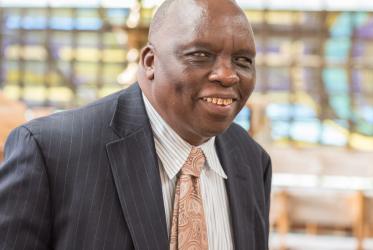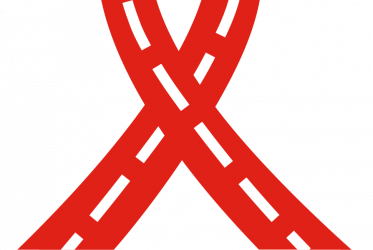Displaying 1 - 20 of 29
WCC joins tribute to Rev. Canon Prof. John Samuel Pobee
28 January 2020
Launch of the Arusha Report package
20 May 2019
Dr Cecile De Sweemer, the doer of God
30 November 2018
“Good healthcare a right, not a privilege,” says WCC-EAA
11 October 2017
“It’s time to be brave, to form diverse partnerships”
02 March 2017
An interview with the Ethiopian Patriarch, Abune Matthias
14 February 2017
Faith communities explore concrete climate action at COP22
10 November 2016
Sam Kabue: from the village to the world with eyes wide open
27 October 2016
Religion: Way of war or path to peace?
30 June 2016















